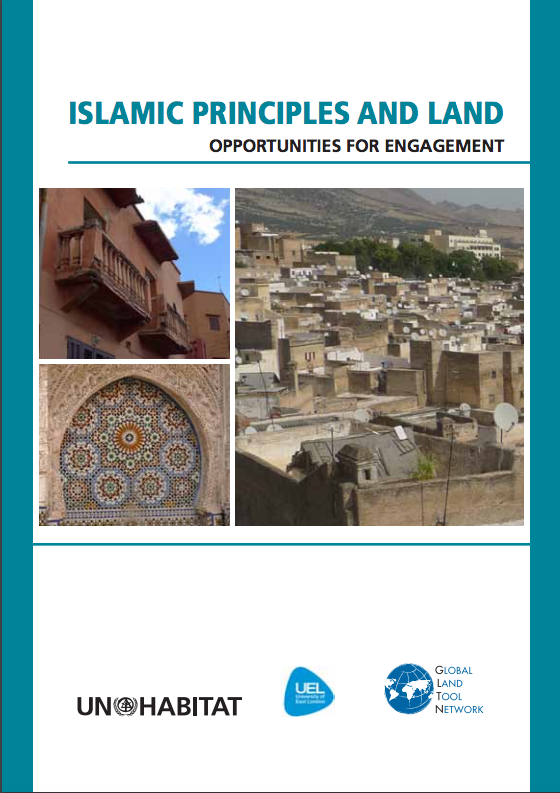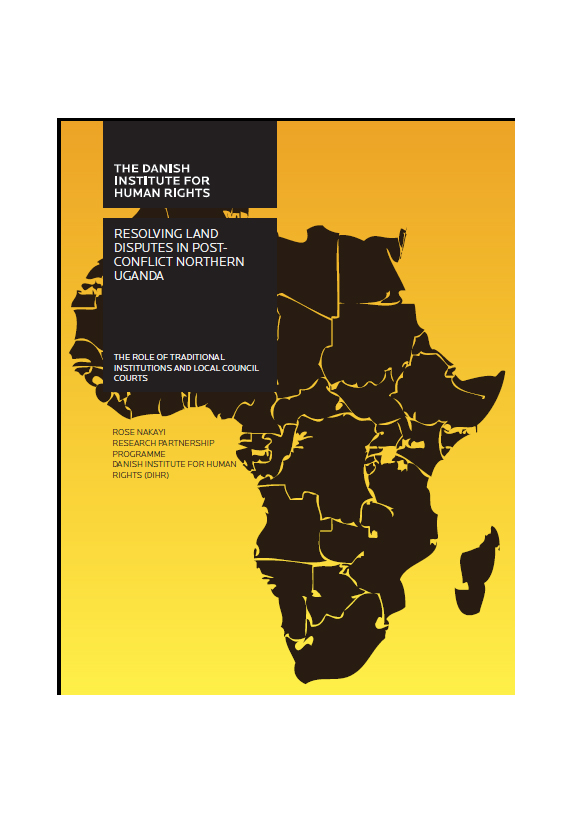Who owns the land?
Rapid growth of demand for agricultural land is putting pressure on property rights systems, particularly in Sub-Saharan Africa, where customary tenure systems have provided secure land access. Patterns of gradual, endogenous change toward formalization are being challenged by rapid and large-scale demands from outsiders. Little attention has focused on the gender dimensions of this transformation.








